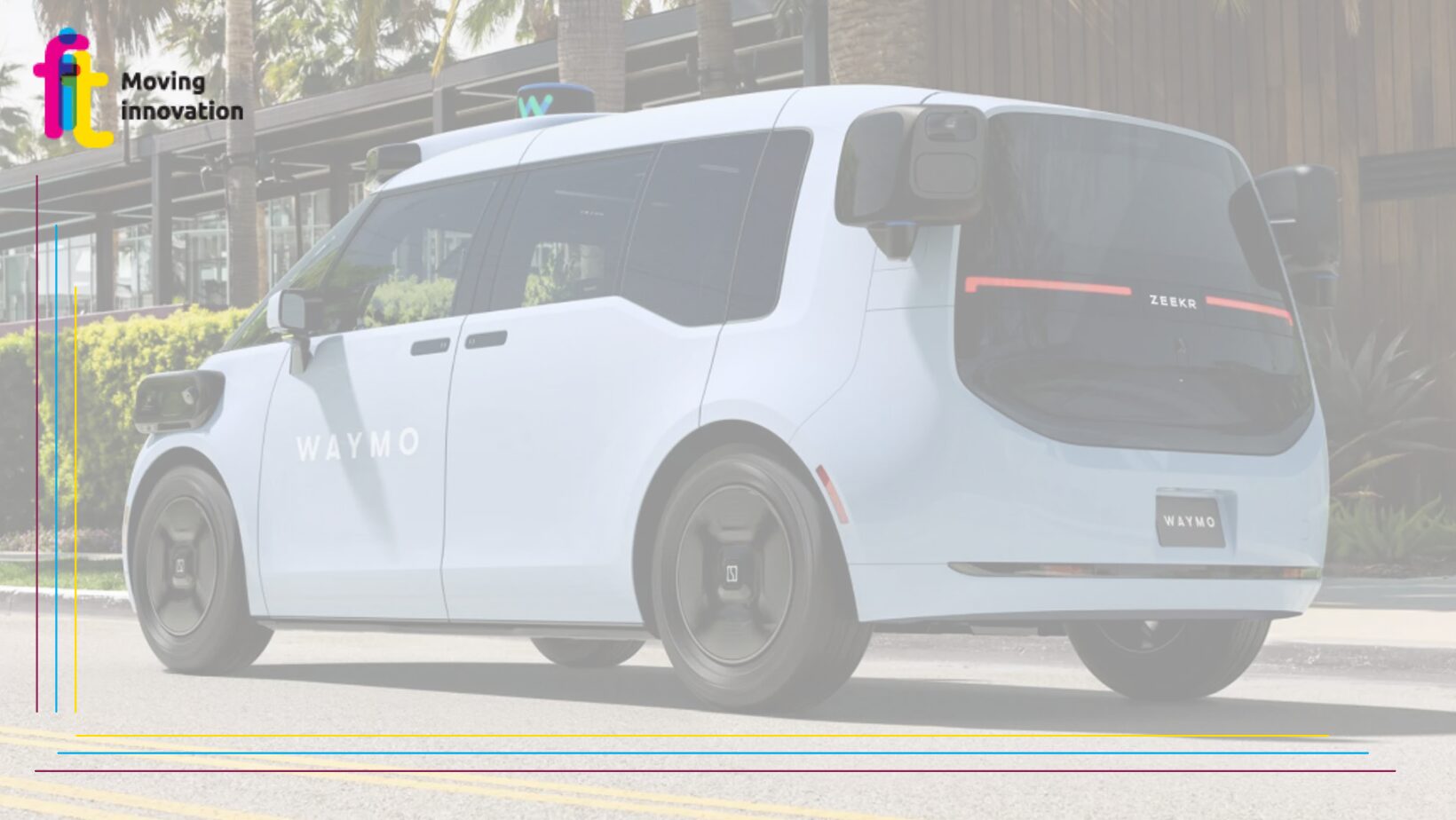Waymo unveils sixth-generation self-driving system
Waymo, an Alphabet Group company (Google’s holding company) that uses technology to create autonomous cars for use in a robotaxi service, recently unveiled its sixth-generation self-driving system, a system designed to be smarter, cheaper and above all more versatile, providing greater safety and the ability to deal with even more complex environments.
Waymo’s sixth-generation autonomous driving system guarantees the ability to operate even in adverse weather conditions, such as snow and ice, thanks to a sophisticated sensor cleaning system and software that can adapt to different environmental conditions.
A development that would allow autonomous driving to take a further step towards reality, since weather conditions have so far been an obstacle to the spread of autonomous vehicles.
As reported by L’Automobile, The new sensor suite, consisting of 13 cameras, 6 radars, 4 lidars and several microphones, offers an unprecedented perception of the surrounding environment: these cars are now able to provide complete visual coverage around the vehicle, with the ability to detect objects up to 500 metres away.
In addition, the use of increasingly sophisticated machine learning algorithms enables vehicles to interpret the data collected by sensors more accurately and quickly. By improving the resolution of the cameras and increasing the range of the lidars, Waymo was also able to simplify the system, reducing costs and increasing the reliability of the autonomous cars. Road tests and virtual simulations of the new system have already started and the gradual debut is already planned for the coming months.
Currently, Waymo’s robotaxi service is already active in the United States, in the cities of San Francisco, Phoenix and Los Angeles, and makes use of hybrid Chrysler Pacifica minivans and electric Jaguar I-Pace SUVs, suitably modified with Waymo’s autonomous driving technology. Tuattavia, for the first time, Waymo’s sixth-generation self-driving car will use a vehicle specifically designed for this purpose: the CM1 minivan from China’s Zeekr.
Fonti: alVolante.it; L’Automobile








